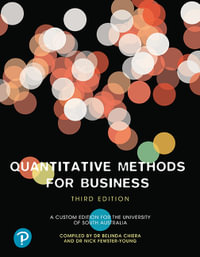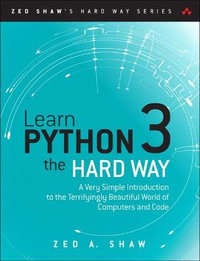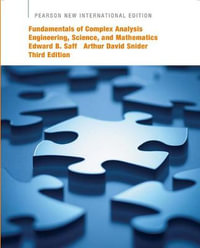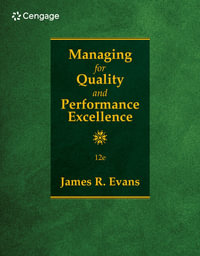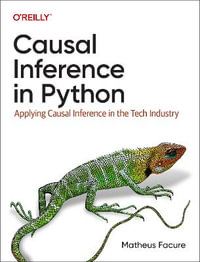Two top economists outline distinctive approaches to post-crisis financial reform.
Over the last few years, the financial sector has experienced its worst crisis since the 1930s. The collapse of major firms, the decline in asset values, the interruption of credit flows, the loss of confidence in firms and credit market instruments, the intervention by governments and central banks: all were extraordinary in scale and scope. In this book, leading economists Randall Kroszner and Robert Shiller discuss what the United States should do to prevent another such financial meltdown. Their discussion goes beyond the nuts and bolts of legislative and regulatory fixes to consider fundamental changes in our financial arrangements.
Kroszner and Shiller offer two distinctive approaches to financial reform, with Kroszner providing a systematic analysis of regulatory gaps and Shiller addressing the broader concerns of democratizing and humanizing finance. After brief discussions by four commentators (Benjamin M. Friedman, George G. Kaufman, Robert C. Pozen, and Hal S. Scott), Kroszner and Shiller each offer a response to the other's proposals, creating a fruitful dialogue between two major figures in the field.
Industry Reviews
"In this extremely readable and thought-provoking volume, two of America's leading financial experts provide an excellent roadmap to financial reform after Dodd-Frank. Their recommendations make this a timeless must-read for everyone concerned with the efficiency and stability of our financial markets and institutions." Robert E. Litan , Vice President, Research and Policy, The Kauffman Foundation, and Senior Fellow, Economic Studies, The Brookings Institution "Much of the literature on the financial crisis finds economists talking past one another. It is refreshing, therefore, to find some of our leading economists engaging one another, thoughtfully and fully, in this volume. Their fundamental concern is how to ensure that finance serves society rather than the other way around. Their contributions to answering this question should help to point discussions of post-crisis reform in a more productive direction." Barry Eichengreen , George C. Pardee and Helen N. Pardee Professor of Economics and Political Science, University of California, Berkeley

